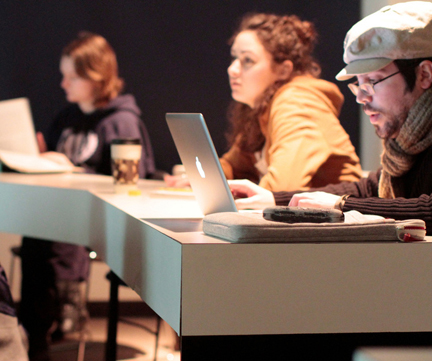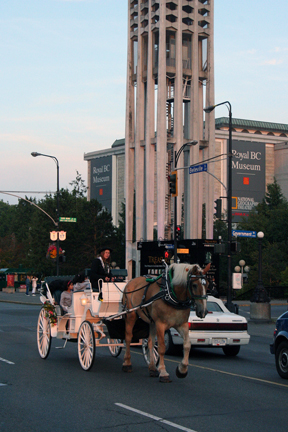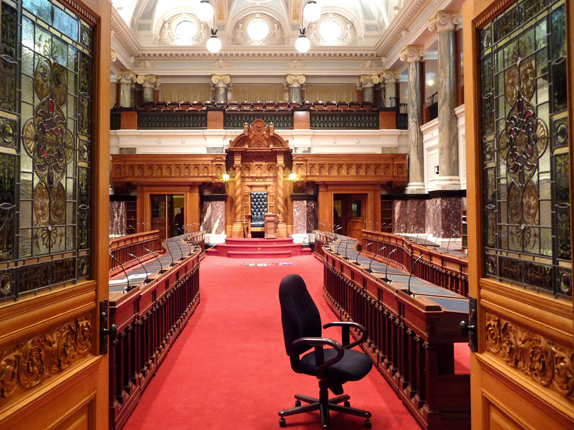
Here’s good news for those of us trying to pick up new skills and information. Experts on how learning happens within the human brain have identified the two most reliable methods for transferring new information into our little grey cells.
One method requires that students revisit and build upon their study of a particular topic or problem over time, preferably at monthly intervals.
The other most effective technique requires students take repeated practice tests on the information—again, over periods of time. Students can administer the quizzes themselves, solo or with others, by using flash cards, study charts, practice sessions, or other study tools.
Both methods force students to repeatedly draw on and build upon their memories of the information, tasks or skills they’ve learned. The recurring engagement of memory consolidates the learning, and builds multiple neural pathways within the brain, so students can more easily access and retrieve the information from memory.
The techniques benefit students of all ages and abilities, and enhance performance in most areas of learning….
Read the rest of this editorial in the Victoria Times Colonist….
Additional sources:
Laptop multitasking hinders classroom learning for both users and nearby peers
Will Listening to Mozart Really Make Me Smarter?
Female College Students’ Media Use and Academic Outcomes: Results From a Longitudinal Cohort Study + a synopsis that you don’t have to pay for



